Bednarik: There was that essay in The Atlantic by Dana Gioia called “Can Poetry Matter?” where he made the argument that poetry is being killed because it’s being concentrated in the academy.
From an interview Harrison did with Joseph Bednarick ...
Harrison: Without question. You know Karl Shapiro, who wrote that magnificent book which doomed him forever called The Bourgeois Poet, he told Ted Kooser—who’s one of my favorite American poets—he said to Kooser, who was just a beginning graduate student: “Just get out of here. You’ll only write poetry for your peers.” I’ve talked about this improbable post-Victorian sense in American poetry of a kind of breathless nature poem from people totally uninformed about the natural world in terms of botany or ornithology. But it’s a set piece, like in Victorian England there were all these faux sincere set pieces, and we have the same thing now, which is of course unfortunately 99.9999 percent trash. And we accept that fact. That we have a few things that last, we’re very fortunate.
Bednarik: So how do you wade through the trash?
Harrison: I don’t wade through the trash, I try to avoid it. There’s very little room for the durable. For instance, I knew Robert Lowell quite well, James Dickey, those people and you know Lowell was the eminence gris of American poetry but since he’s died I’ve rarely heard anybody mention his name. Fumius flumis: We all go up in smoke. I can disappear that quickly. People can be the dominant voices of their generation, but the next generation doesn’t want to listen to them. For good reasons, sometimes.
Bednarik: To pick up on something you said earlier, about writing for your peers: Odysseus Elytis said that ideally the poet wants three readers, and since every poet had two good friends, his whole task is to try and find that third reader.
Harrison: That’s a fascinating idea, I’ve never heard of that. Maybe it’s some kind of implacable ideal reader with a perfect ear who is sort of a muse. It has to be female, of course. For some reason I can’t take men seriously maybe because I’m a man, you know what I mean? I feel that I’ve responded most deeply even to my harshest female critics. And it’s not the mother thing, it’s not any kind of odious psychologism, it’s just that I think they’re hearing with larger ears. Very big ears, like Dumbo.
Bednarik: Careful with that one.
Harrison: Dumbo was brilliant. Always remember that.
Bednarik: I’ll do my best. . . . There’s a poem in your first book called “Sketch for a Job Application Blank.” You’ve called that your first successful poem.
Harrison: I don’t know. It was written at a time when I was always unemployed and I couldn’t get a job and I would get these application blanks and you look at them and you realize you’re not qualified for anything on earth.
Bednarik: You mention in the poem that you were saved, and also earlier in the conversation you mentioned that at fourteen you discovered Keats.
Harrison: Well that was a difficult thing to discover Jesus and Keats and James Joyce all at the same time. Your soul is pulling all these other directions. I thought I should be smarter so I was always reading the New Testament and Schopenhauer and Nietzsche and Dostoevsky.
Bednarik: This is in your mid-teens?
Harrison: Yes. And so where do you go with this information?
Bednarik: You go to New York.
Harrison: Yeah, you get out of town. That kind of thing.
Bednarik: You talked in an essay about the transference of your religious impulses—your fervent religious impulses—into the impulses of art.
Harrison: Well there’s no question that I found out we crave the genuine and life is short. It’s sort of Joycean, where devoutness as a young man easily transfers itself to the religion of art. Because you don’t like the form of organized religion, though as I’ve said before if you’re in New York and admit you go to a “Mind Doctor,” as I call them, but that you also say your prayers every morning, that’s unthinkable. But I do. I can’t stop. I always have. So you naturally say your prayers every morning and then you read and write your poetry. So it’s mythical in origin and the energy behind the mythological transfers from one form to another. And you think San Juan de la Cruz or Santa Teresa, these improbably fabulous poets, who were also very devout poets, but for some reason this is now totally unacceptable. I can imagine going into Elaine’s in New York and saying “Jesus wants me for a sunbeam”—they’d think you’re a lunatic. It’d be fun, I think I’ll do that.
Bednarik: You have also, over the past twenty-five years, practiced as you call it “an inept form of Zen.”
Harrison: Zen is a form of discipline that I’ve practiced almost thirty years, though I’m very poor at it. Very bad at it. That’s a life discipline.
Bednarik: It’s not a discipline that you’re talking about relative to writing?
Harrison: Well, it’s a discipline of attentiveness, or else you diffuse all your energies on nonsense. What did I write the other morning:
You have to pull out the plug of the TV forever
and cut your telephone cords
because it’s not proper that you should spend your life
with you ears stuffed with merde, as they say.
So it’s a religious attitude to life—every moment. Like Deshimaru, the great French Zen teacher was in China and said, “You have to give your life full attention as if a fire were burning in your hair.”
Bednarik: I never understood that quote. I certainly understand the attention.
Harrison: Well, it keeps you awake. Your hair is burning. I like the idea.
Bednarik: But, there’s also the sense of panic in that for me.
Harrison: Oh, no panic. You just put out the fire. I mean, you just stay awake. No question. Where I live down on the border in the winter, I stepped out of my car and put my foot on the ground to open our gate and there’s a black-tipped rattler, a rather fat, large one a half-a-foot from my foot. And what attention means, even being a burly fellow, I landed on my hood—you know, it’s about five-foot high. I shot through the air, and then said hello to the snake. But you want to be attentive about that, watch your step.
Bednarik: Is that one of the things you see in your dogs: An attentiveness that you admire?
Harrison: They’re improbably attentive and you know dogs are our fellow creatures, as are cats and so on. At my cabin my dog knows if there’s a bear near. One little sniff and he rolls his eyes and looks around. If the wolf howls at night, he just very casually goes up to the loft and gets under the bed because wolves are mojo. Too much mojo for a dog. But they’re very matter-of-fact about that, but we sort of witlessly go through life thinking we’re safe and dissipating our lives on nonsense. We suffocate in trash and wonder why we’re not happy, that kind of thing.
Bednarik: So if you take your advice in the poem you wrote a couple of mornings ago about unplugging the cord, can the person used to all these things in their life successfully turn to poetry?
Harrison: Oh, sure. Anybody who has the gift, you know. I have such trouble, getting all these manuscripts every year by the hundreds, and galleys and so on, because you can tell right away if a person’s not in touch; if they want sincerity, or to be right, it’s hopeless. If there isn’t a primary intoxication with language and playfulness of their own consciousness, it’s hopeless. If they just want to be right, well then they’d be better off being a professor, wouldn’t they?
Bednarik: You actually provided advice to young writers and said the best thing for them to be was “word drunk.”
Harrison: Word drunk and don’t forget red wine and garlic. Aimless travel. Obsessive reading. Jobs that have nothing to do with written word. It would be better if they worked in a truck garden, growing things, with a knowledge of botany, natural history and so on. That’s all they need—and you certainly don’t need a bloody MFA. Why don’t they just shoot themselves?
Bednarik: I’ve actually guided several young writers away from MFAs.
Harrison: Well, the trouble is it’s a pyramid scheme, to me. The one good thing about the program is that it teaches people to read and they become very intense about it. But these poor folks—it’s a way of delaying your parents’ opprobrium. “I’m continuing on for an MFA, blah blah blah. . .” What could it possibly mean? There are no jobs available for them, it’s sort of humiliating for them. They’ve gone now to college six or seven years; an MFA is worth about as much as a BA in English, which means for a buck you could get a cup of coffee.
Read the entire interview here.
























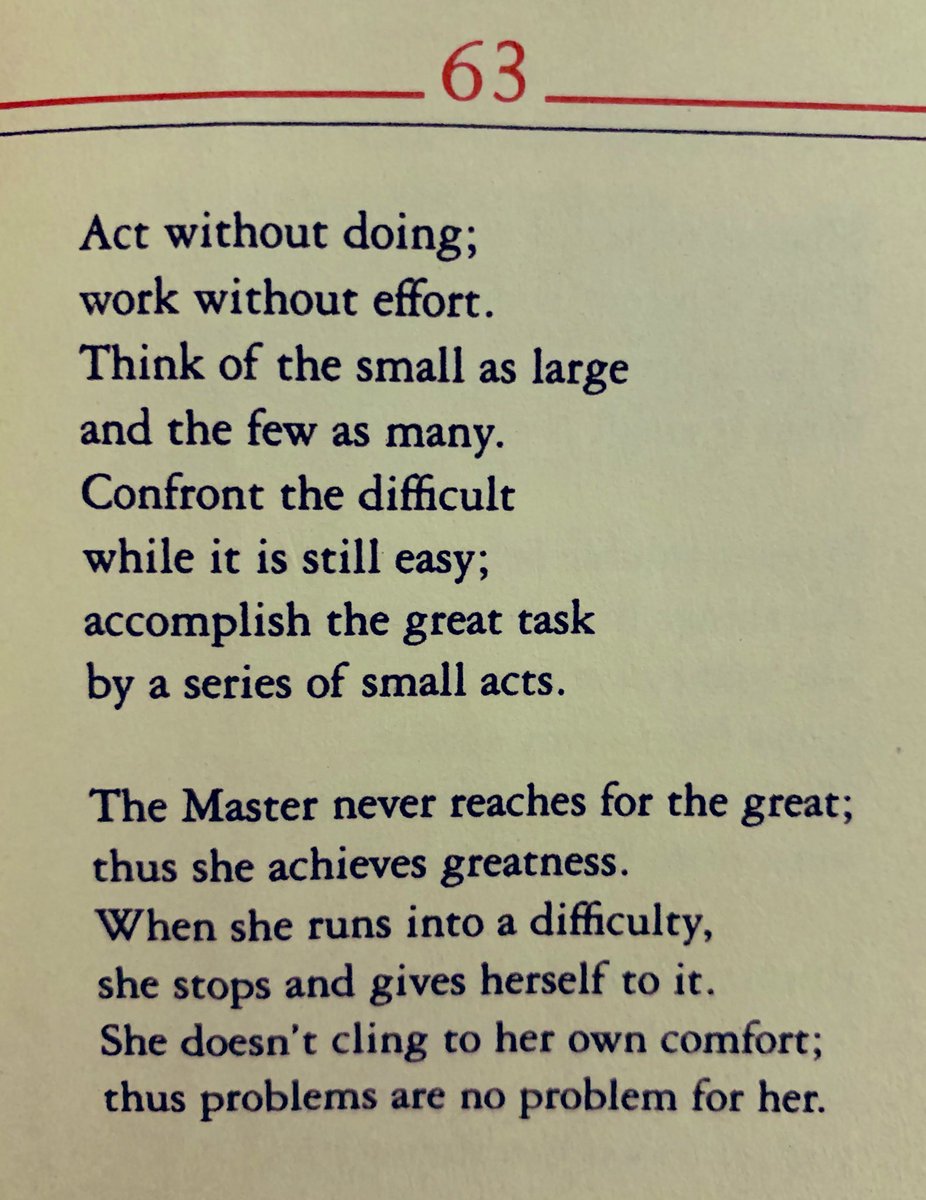















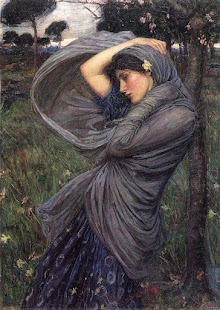

















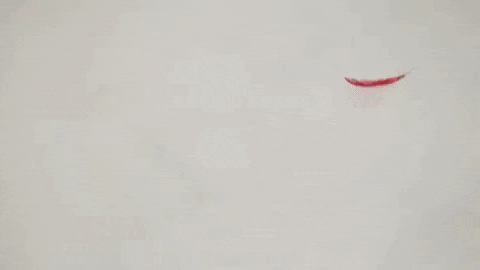






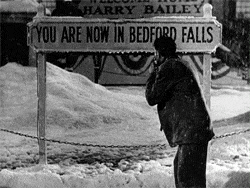







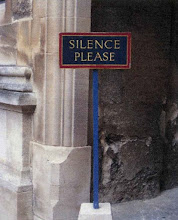









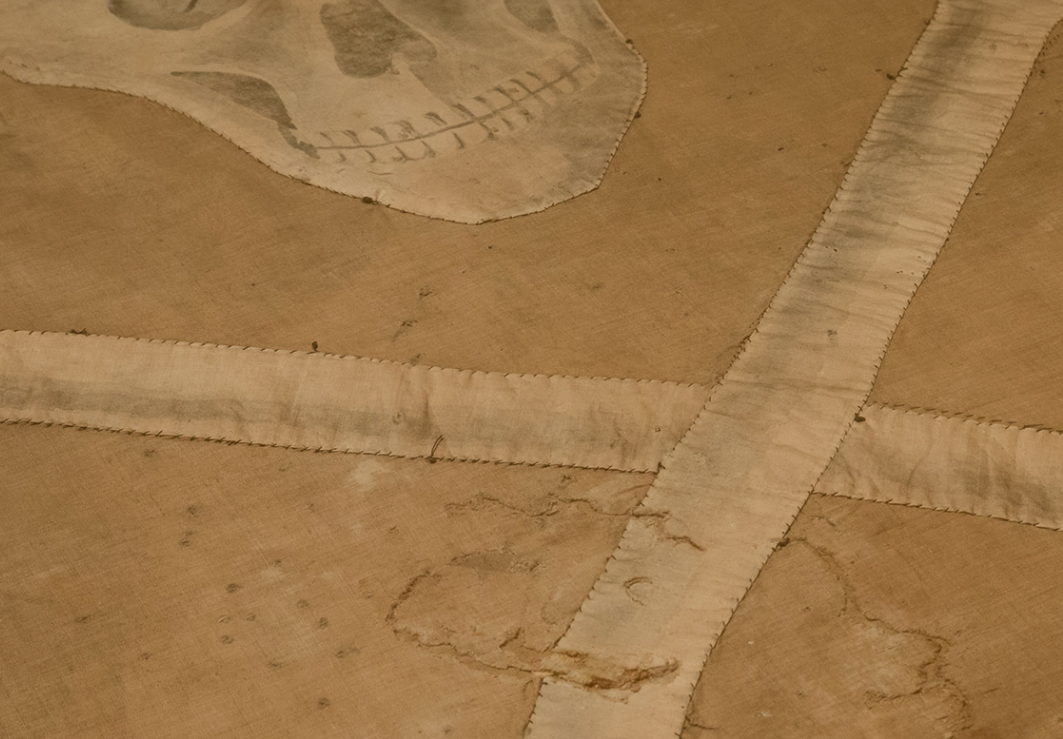


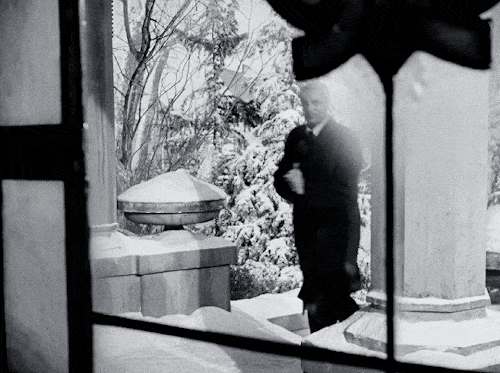
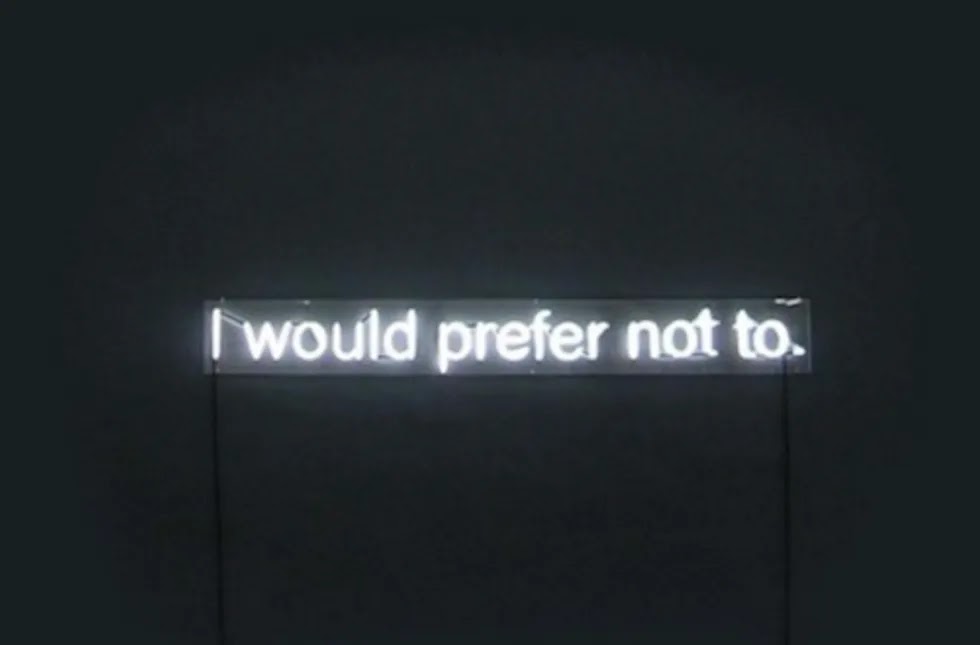




















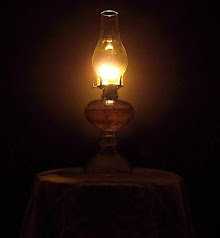







No comments:
Post a Comment